Babylon
I've been looking forward to seeing this film for some time. In the year this was made I spent an inordinate amount of time in South London (Cold Harbour Lane) staying with a friend, despite being at college in Coventry where the Two-Tone explosion was in full swing. But London always felt like the real deal and for someone who had grown up in a combination of the mid-west of America and the dreary British Midlands, being in Brixton at the time was a genuine thrill. Reggae music was everywhere and the thunderous sound of heavy dub could be heard from every shop, car and apartment. I'll never forget the excitement of finding a discarded audio cassette that was chock a block full of Prince Far-I, Scientist and Jah Shaka mixes.
This was Brixton before the riots. Before it became fashionable. 'Babylon' perfectly picks up that vibe and reveals what I'd been missing, what lay behind those closed doors echoing with the thundering bass of Jah Shaka.
Mechanic and part-time sound system 'toaster' Blue (Brinsley Forde) and his Ital Lion crew are looking forward to their forthcoming reggae sound clash competition with rival outfit Jah Shaka. But as the event approaches, Blue's personal life begins to unravel.
First he's fired from his job by his racist boss (surprisingly played by a young Mel Smith) and then he begins to suspect his girlfriend is cheating on him. A further series of unpleasant racist incidents -including Blue being chased, brutally beaten and arrested by a group of plain-clothes policemen - culminates in Ital Lion's lock-up garage being broken into and their sound equipment being destroyed. Increasingly angered and alienated by what he perceives to be society's rejection of his race and his culture, Blue is compelled to respond by fighting fire with fire.
The musical score is composed and arranged by reggae guitarist, former member of Matumbi and record producer Dennis Bovell, with additional songs by Yabby U, I-Roy and Aswad.
Apparently every word was scripted though the film often plays out like a documentary, never avoiding the tough issues facing the youngsters in the film - including institutionalized police racism as well as the ugly, bare faced racism faced every day from so-called neighbours.
Viewed today it feels heartening that, though I can recall those attitudes (I'd witnessed a police attack on some young blacks that year in Sheffield), it seems like a long time ago, as if the views belonged to another generation entirely. But the film doesn't seem dated - just a little bit like 'Life on Mars'.
The film is incredibly compelling, especially for those like me who spent years working in South London, and as most (actually, probably all) was shot on location, there's plenty of '30 years ago' to see.
The special features are interesting enough - a lively audio commentary as well as a filmed Q & A session with cast and crew who all seem very grounded.
There is also a brief featurette on the improvements made to the transfer - especially compared to a brutal 4:3 VHS version that, until now, seems to have been the only way to have seen this. By using split-screen examples, the improvements are clear. Having said that, even after the clean up, this is still grainy 16mm footage that is more akin to 'The Sweeney' than to CSI.
Overall, a great film for anyone with a nostalgic interest in the era and a great historic document for anyone trying to understand black youth culture in the UK in the late seventies and early eighties. It's also packed with great music, realistic dialogue and action and is, in my view, substantially superior to 'Quadrophenia' which was partly penned by the same writer and featured many of the same cast and crew.
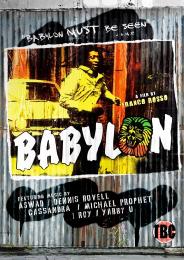






















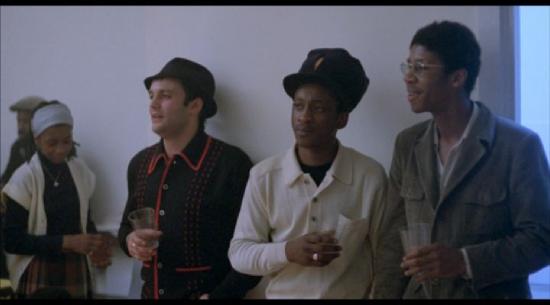
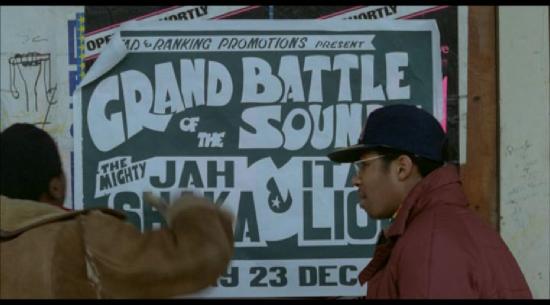
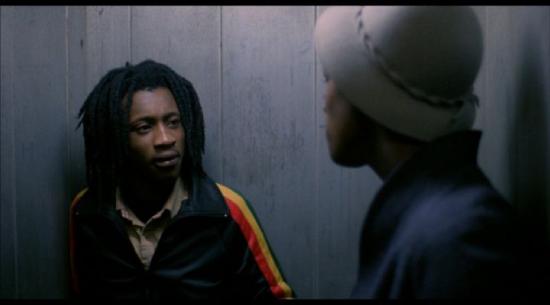
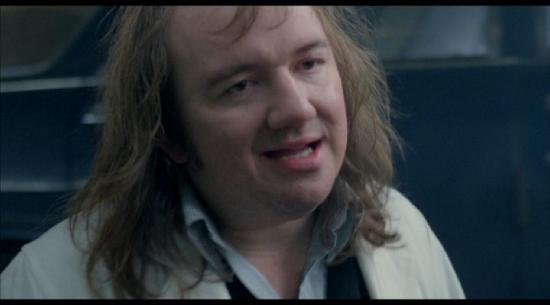
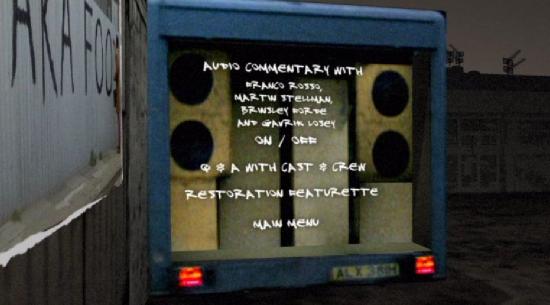
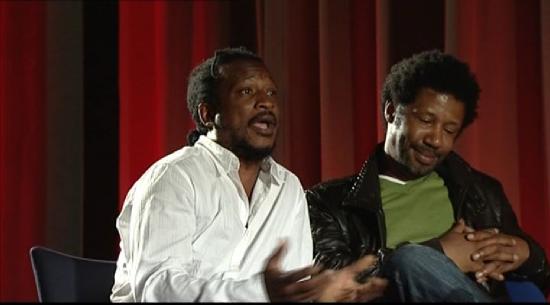
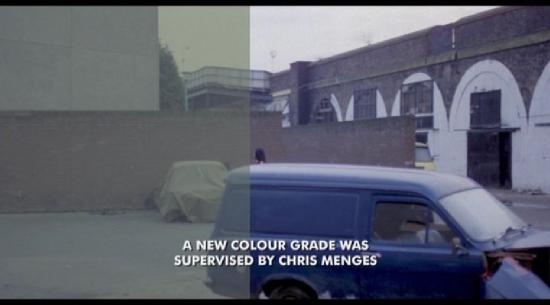
Your Opinions and Comments
Be the first to post a comment!